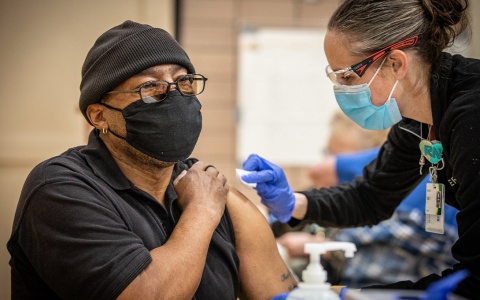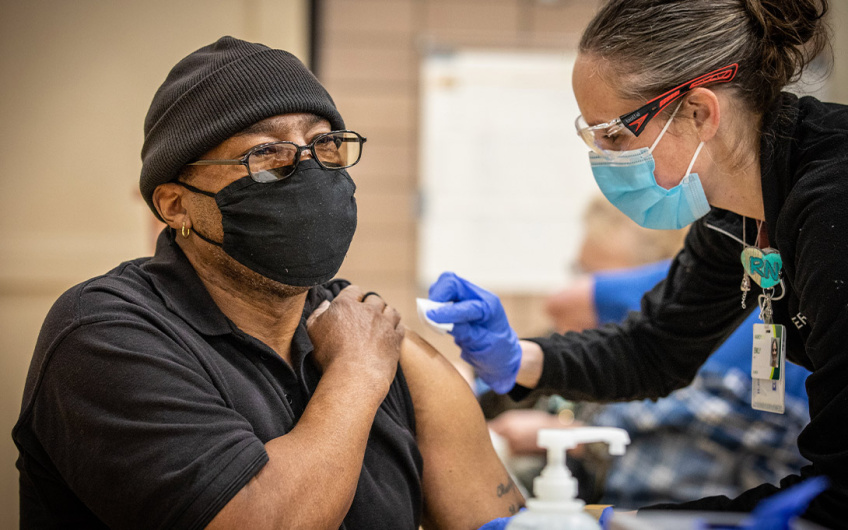Vaccine Hesitancy
Summary
In winter 2020, a novel coronavirus (SARSCoV-2) that caused COVID-19 started its spread across the globe, and by July 2020, over 500,000 people worldwide had died of the disease. By March 2021, there were over 120 million cases and over 2.8 million deaths. To combat the pandemic and return to “normalcy”, experts estimate that at least 80% of the world’s population needs to be resistant to the virus, and most of the world’s population will require vaccination. This will be a challenge. In addition to facilitating widespread distribution, governments will need to combat “vaccine hesitancy”: an individual’s reluctance to get vaccinated or vaccinate their children. In the United States, 71% of the adult population says it is willing to get vaccinated, and the numbers are much lower in Europe (Ipsos & World Economic Forum, 2020; Summers, 2021).
In this study, we examined analogical case studies that helped us understand the roots of institutional distrust and vaccine hesitancy. Our analysis identified sources of public mistrust and anticipates better approaches for establishing community trust, especially for those from marginalized or disadvantaged backgrounds.
Not all vaccine hesitancy is the same. Nor is it simply the result of ignorance or antipathy towards science. At its root, vaccine hesitancy is about institutional mistrust.
We reveal two main causes of public mistrust: 1. limitations and failures in scientific and technical institutions, and 2. institutionalized mistreatment of marginalized communities. Both, we argue, ultimately help to legitimate the circulation of false information and sow vaccine hesitancy.

About TAP
STPP's Technology Assessment Project (TAP) is a research-intensive think tank dedicated to anticipating the implications of emerging technologies and using these insights to develop better technology policies. It uses an analogical case study approach to analyze the social, economic, ethical, equity, and political dimensions of emerging technologies.
Press
- Who is left to be vaccinated against COVID-19, and why is it the toughest task yet?
- Vaccine hesitancy, rooted in institutional mistrust, could stand in way of COVID-19 herd immunity
- U-M study: Vaccine hesitancy could stand in way of COVID-19 herd immunity
- State vaccine rates fall along red, blue divide
- As Michigan claws its way towards 70% vaccinated, we asked every state lawmaker where they stand
- Breaking down public trust
Have any questions?





